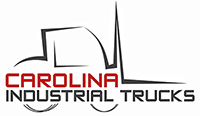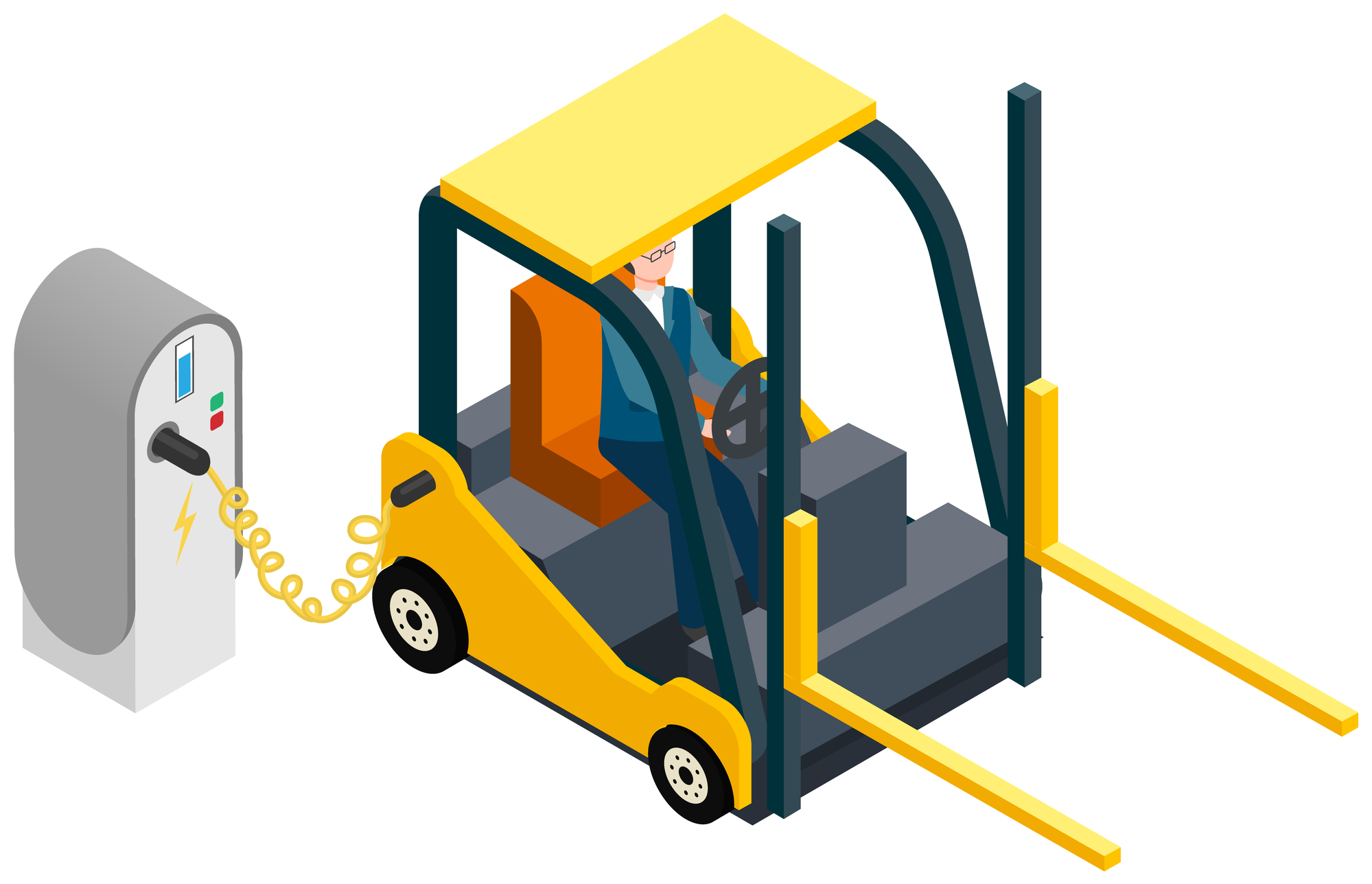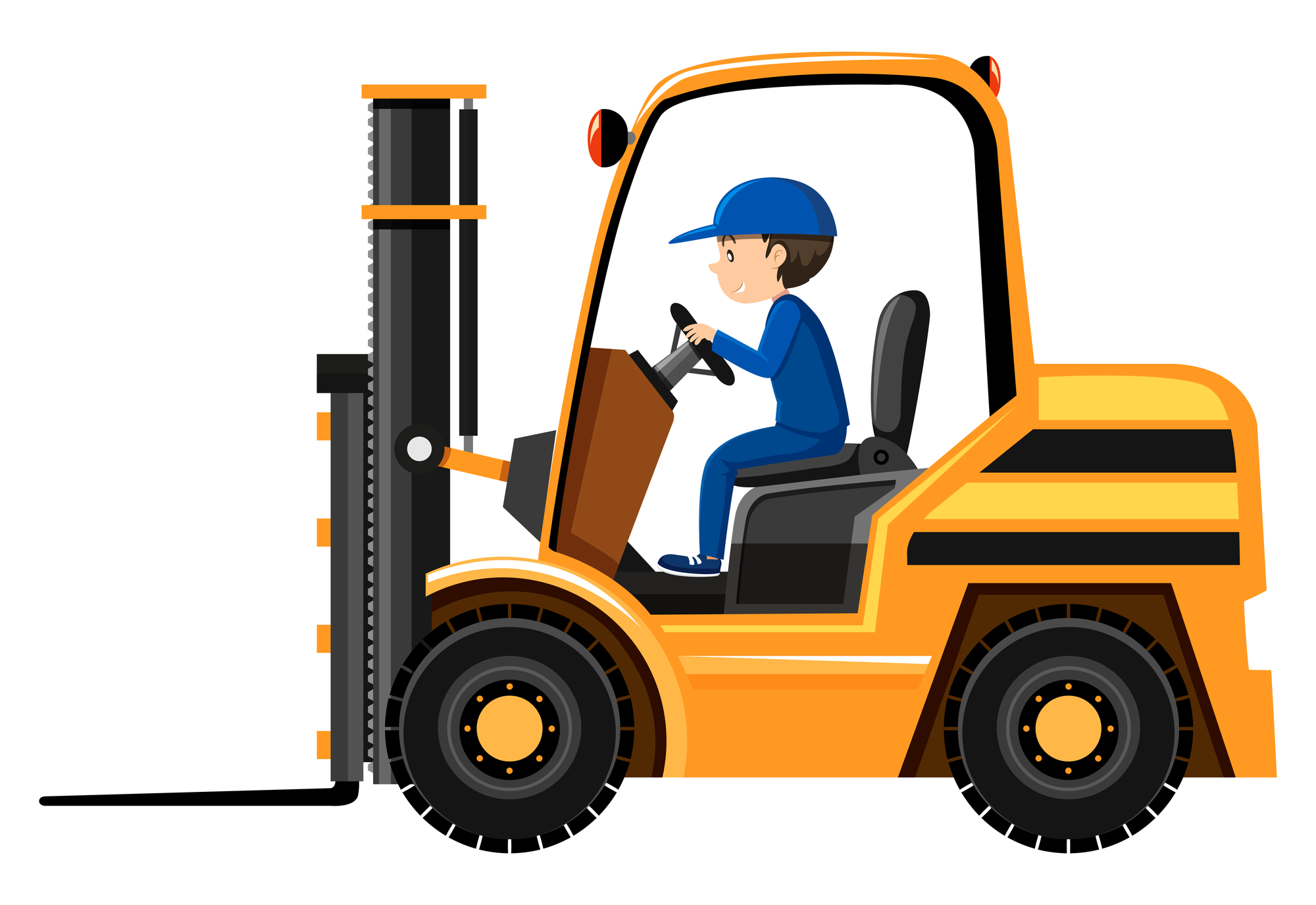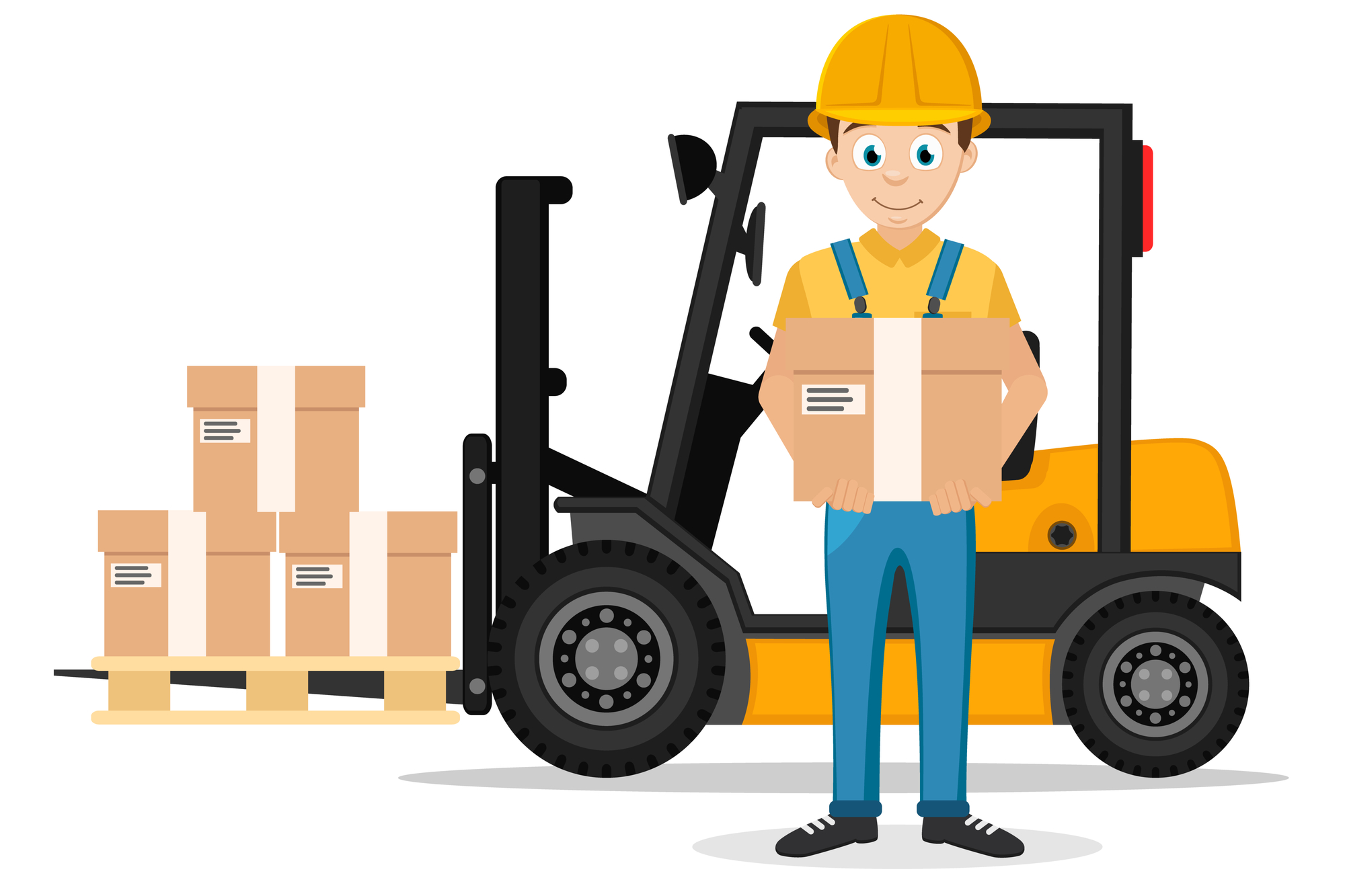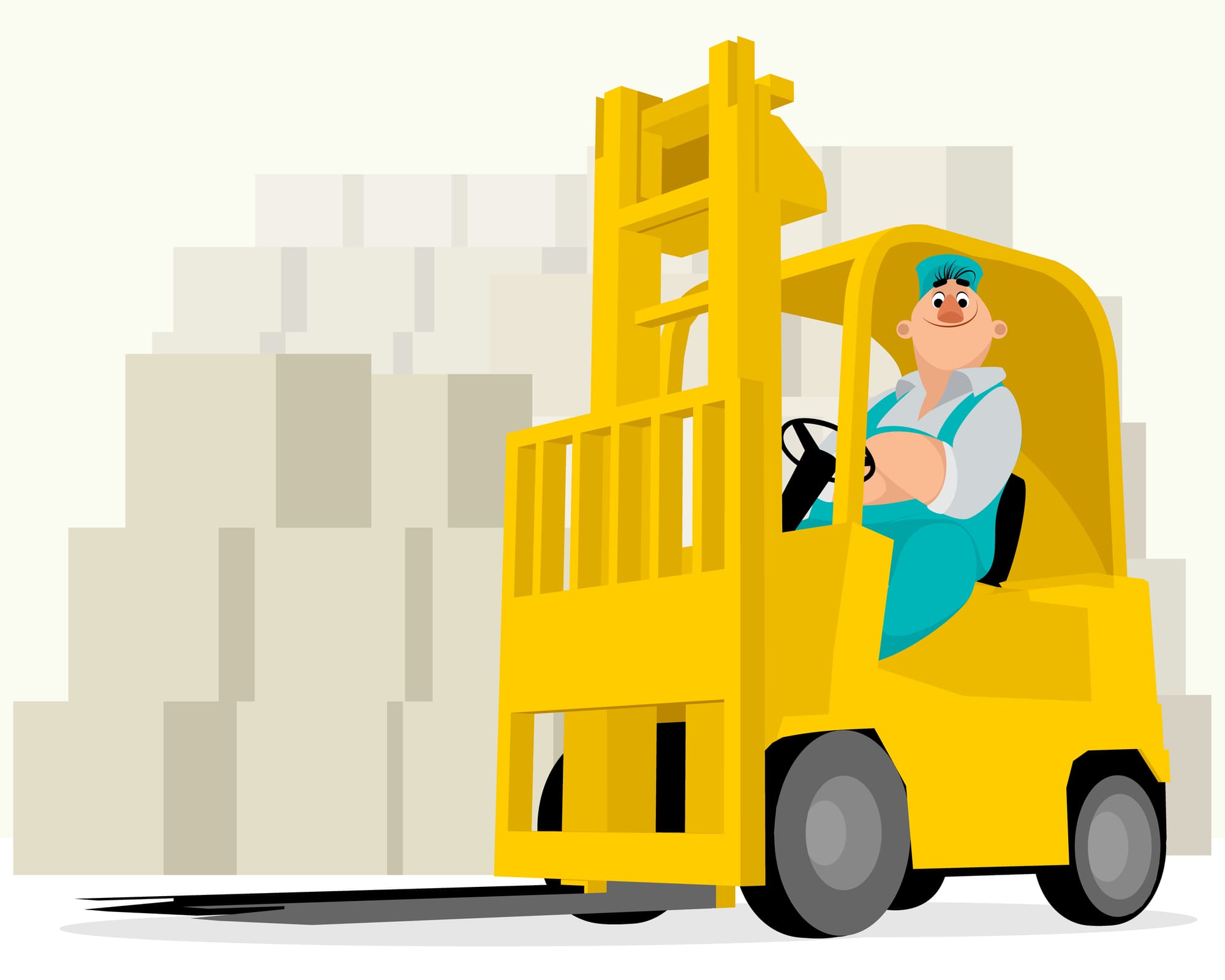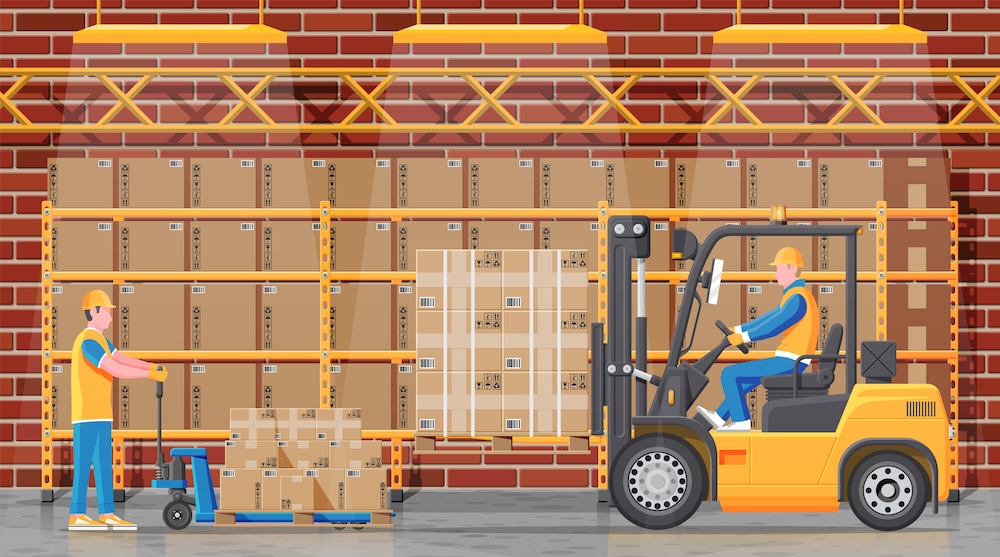Renting vs. Buying a Forklift: Making the Right Choice for Your Business
09/04/2024
CITrucks
Deciding whether to rent or buy a forklift is an important decision for any business. It can impact operational efficiency, financial planning, and long-term growth.
Forklift rentals offer flexibility and less upfront cost, while purchasing can provide long-term savings and asset control. By examining factors like usage frequency, maintenance responsibilities, and financial strategies, you’ll be equipped to make an informed decision that supports your business goals.
Here are some advantages and disadvantages of both options, helping you determine the best fit for your needs.
Cost Consideration
When deciding between renting or buying a forklift, cost is a significant factor. Purchasing a forklift involves a substantial upfront investment, which can be in the tens of thousands of dollars depending on the model and features. In contrast, renting a forklift involves paying a rental fee, which is significantly cheaper upfront, but can add up over time.
Financing options for purchasing a forklift can make the initial cost more manageable. Businesses can opt for loans or leases, spreading the cost over several years. However, these financing options come with interest rates, which can add to the total expense. When comparing these costs to forklift rental fees over time, it's crucial to consider the frequency and duration of use. For short-term or infrequent needs, renting is often more economical.
Maintenance and repair costs are another consideration. Owning a forklift means taking on the responsibility for regular maintenance and any necessary repairs, which can be costly. Rental agreements often include maintenance and repairs, reducing unexpected expenses. Additionally, forklift depreciation is a factor for buyers as the equipment loses value over time, impacting the resale value.
Renting a forklift offers flexibility and potentially lower costs for short-term needs, while buying is a better long-term investment if the equipment is used frequently.
Flexibility
When it comes to flexibility, renting a forklift provides significant advantages over buying. One major benefit of renting is the ability to adjust the size of your fleet based on seasonal demands or specific project needs. For instance, if a business experiences peak periods during certain times of the year, renting allows for quick and easy scaling to meet increased demand without the long-term financial commitment of purchasing additional equipment.
Renting also allows businesses to access specialized equipment tailored to specific projects. Whether it's a forklift with higher lift capacities, compact models for tight spaces, or specialized attachments, renting offers the opportunity to use the right tool for the job without the burden of ownership.
Another key advantage of renting is the ease of upgrading or changing equipment. If a business's needs change or new technology becomes available, rental agreements often allow for swapping older models for newer ones, keeping the fleet up to date without the hassle and cost of selling and purchasing forklifts. In contrast, owning a forklift ties the business to the equipment, making upgrades more difficult and financially challenging.
Overall, the flexibility of renting a forklift can provide businesses with the agility to respond to changing needs, access specialized equipment, and keep up with technological advancements.
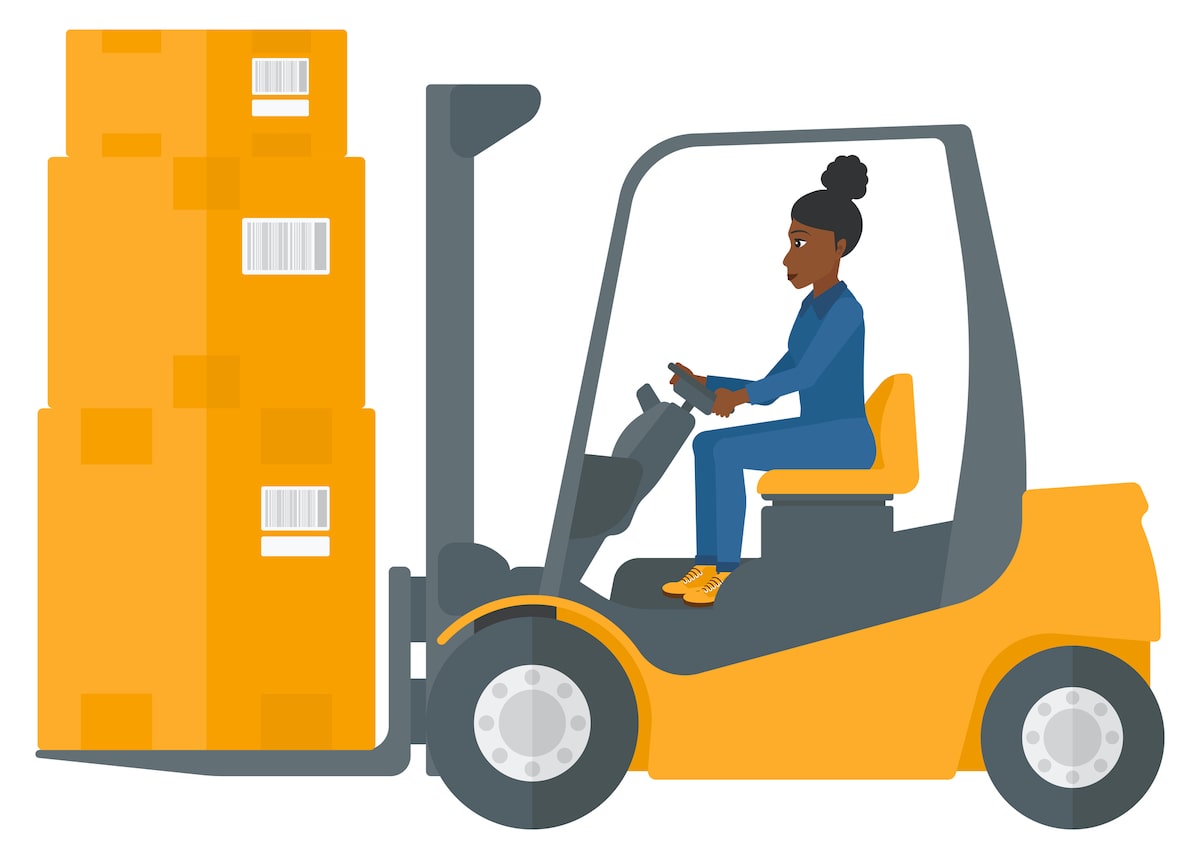
Operational Efficiency
Operational efficiency is another deciding factor when choosing between renting or buying a forklift. Renting a forklift provides immediate access to well-maintained and up to date equipment. Rental companies typically keep their fleets in excellent condition, reducing the likelihood of unexpected breakdowns and downtime. This contrasts with owning a forklift, where maintenance and repairs are the owner's responsibility. Equipment downtime can severely impact productivity, leading to delays and increased costs.
Additionally, renting minimizes the impact of downtime due to repairs and maintenance. Forklift rental companies usually offer quick replacements or repairs, allowing businesses to continue operations with minimal disruption. This level of support is harder to achieve when managing owned equipment, where maintenance schedules and unexpected repairs can lead to significant operational interruptions.
Another advantage of renting a forklift is the potential reduction in administrative burdens associated with ownership. Compliance with safety regulations, record-keeping, and documentation can be time-consuming and complex. Renting shifts much of this responsibility to the rental company, allowing businesses to focus on their core operations. This can contribute to prolonging the life of your forklift by ensuring it is always maintained to the highest standards without any administrative hassle.
Long-Term Strategy
When evaluating the long-term strategy of renting versus buying a forklift, business growth plans and industry trends play a pivotal role. For businesses anticipating rapid growth or entering new markets, renting a forklift offers flexibility without significant upfront investments. Renting allows companies to scale their operations swiftly, responding to market demands and testing new opportunities without the burden of long-term commitments.
In scenarios such as seasonal peaks, a forklift rental aligns well with strategic needs. Businesses can rent additional forklifts during busy periods, meeting increased demand without the financial strain of purchasing equipment that may sit idle during off-peak times. This adaptability can lead to more efficient capital allocation and better cash flow management.
However, purchasing a forklift can be a sound long-term investment for businesses with stable, ongoing material handling needs. Owning equipment can provide better ROI over time, as the initial investment is offset by the absence of continuous rental fees. Additionally, owning allows for greater control over the equipment, including maintenance and customization to fit specific operational requirements.
The long-term financial implications of renting versus buying depend on the business's specific needs and goals. Renting offers financial flexibility and adaptability, while buying can result in cost savings and asset ownership. Businesses must carefully assess their growth plans, market conditions, and operational demands to make the most strategic decision.
Find a Forklift to Fit Your Needs At CITrucks
Choosing between renting and buying a forklift depends on various factors such as cost, flexibility, operational efficiency, and long-term strategy. Both options have distinct advantages and cater to different business needs.
Whether you plan on renting or buying a forklift in the Carolinas, CITrucks is your go-to spot. Contact us today to find the best solution for your business needs.
